
During this process Julian said he’d like to meet up to share some stories and invited me to participate in a workshop he was running on the theme of co-creation, music and agility. I decided to take up his offer and on Wednesday I joined nine others in a conversation that was masterfully facilitated by Julian supported by Cath a singer/musician. What emerged was a rich and enjoyable conversation that was animated and illuminated by the insights and stories of participants. In other words together we co-created our experience even to the point where, after a little experimentation and guidance we collectively produced a simple tune using the ‘keezy’ app.
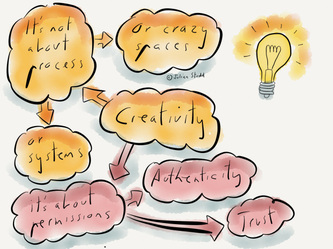
I did not agree with Julian when he said creation is not a process. The very act of constructing a process for learning or achieving something is a creative act. It brings the means to achieve something into existence and then executing it and inevitably adapting it along the way gives meaning and continuity to this act. And it's certainly about will and intention to think and act in a certain way to achieve something that is valued and meaningful. But stuff happens along the way that is not anticipated that we can latch onto and let it take us where it takes us so it's also about working with emergence. Co-creation involves the thinking and doing of two or more people over a period of time in a context bound together in some sort of purposeful relationship. It might be a relationship that is invented for the purpose - that grows through the co-creative experience or it might be an existing relationships in which purposes are grown by people who already know and are involved with each other. The ten people involved in the workshop spent the best part of seven hours together talking and sharing ideas and perspectives on the topics we discussed drawing on our own past histories and projecting our imaginations into the contexts and situations we had encountered or created in the past or might see ourselves in, in the future. While we worked within a process designed by the facilitators what emerged from the process was the novel collective product of all the individuals who participated. I'm sure we have all gone away and reflected on and perhaps acted on what we have learnt so the effects of that time bounded process continue and who knows where it will take us (this blog for example or perhaps future collaborations involving participants). In this way one co-creative process spawns others. That is why it all feels ecological to me 4.
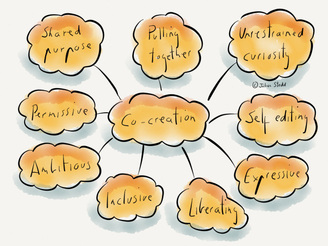
Another context - In the workshop we used the ‘process’ of making music as a way of capturing important aspects of co-creation something I can relate to through my experience of being in a band. On Thursday evening my band came together for a practice. We hadn’t practiced for over a month following our last gig – several members had been away. Over the years we have been together we have discovered that although we enjoy the experience of just playing together we get bored and demotivated if we do not have a purpose – like rehearsing for a gig or a recording session. Practising the same stuff over and over again is not enough to hold us together. Fortunately, we have a couple of gigs coming up so we have a purpose and one of these involves introducing new songs to our repertoire (chosen by the host) and an invitation to write and record a song for their daughter. So we have a real challenge and a context for co-creation relating to both adaptation (new cover songs) and invention (creation of a song that has never existed before). The first process is fairly straightforward and does not involve too much creativity – it’s more of a technical exercise to replicate a song that is usually well known to us perhaps with a few tweaks although generally we try to faithfully reproduce what already exists. Co-creativity here involves the blending of our skills and sounds to make music that others would recognise. The dynamic of co-creative invention is quite different – I would describe it as ecological. Paul our singer had several conversations with the host to build a picture of their daughter for whom the song is being written then went away on holiday and wrote some lyrics. Simultaneously and independently our most prolific song writer created two new tunes and also wrote some words. The two of them then met up and tried to connect their two independent contributions. At our rehearsal they shared their ideas as work in progress and we all added our interpretations until a coherent sound began to emerge. We didn’t go very far with this on Thursday as it’s a work in progress and we trust that it will evolve over the next few weeks (because we have done it before).
It illustrates the sort of co-creative process we use to produce our music. Invention and originality generally takes place in the minds and embodiments of one person, who then works with another to develop and refine until the products of this process are shared with the other members of the band who then build on it. Perhaps we might call this phase ‘development’. The product of our collective efforts gradually emerges over a period of time usually several weeks. As we reach agreement on the overall sound our efforts turn to replicating the song in exactly the same way each time we do it and this is eventually codified in a recording (production/reproduction). We seem to be following a well trodden path as this seems to be the way that Lennon and MaCartney and the Beetles worked - so we are in good company. Through this process we have all contributed to the ‘novel relational product’ but in different and unequal ways. You can hear an example of our co-creativity ‘Song for Ollie’ here http://freeworlders.weebly.com/
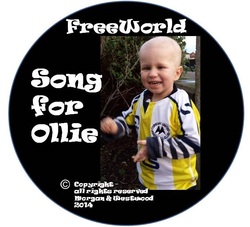
2 Carl Rogers (1961) On becoming a person. Boston: Houghton Mifflin
3 http://julianstodd.wordpress.com/2013/02/26/seven-strands-of-co-creation-reflecting-on-how-we-learn-together-in-social-learning-spaces/
4 Norman Jackson (2014) Creativity in Development: An Ecological Perspective in N J Jackson Creativity in Development: A Higher Education Perspective, Lifewide Education Chapter 1 Available online at: http://www.creativityindevelopment.co.uk/

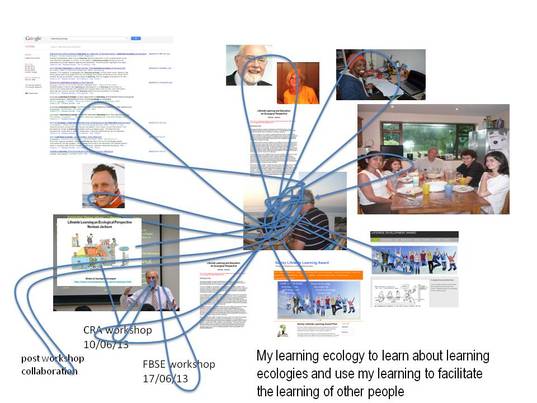

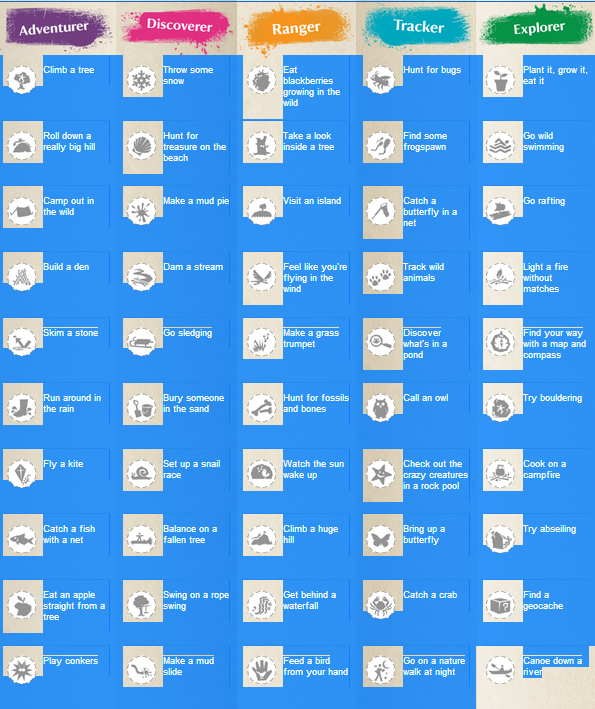




 RSS Feed
RSS Feed